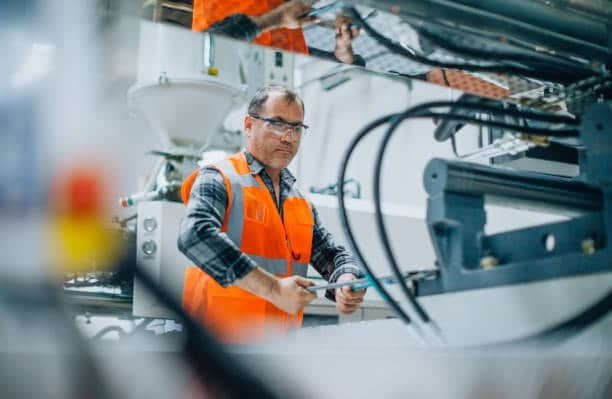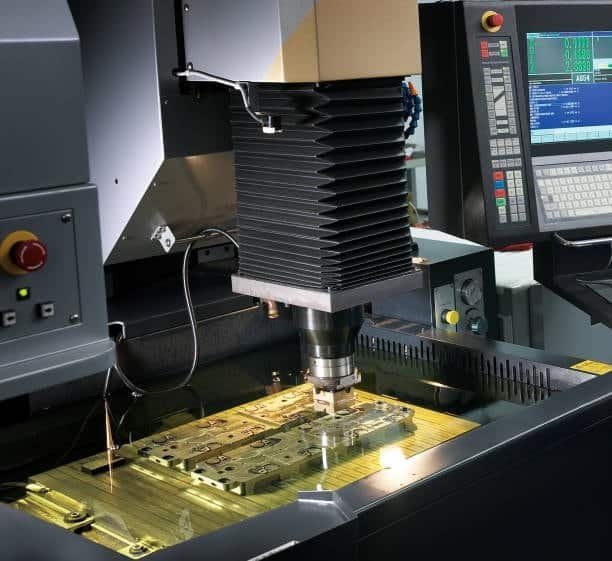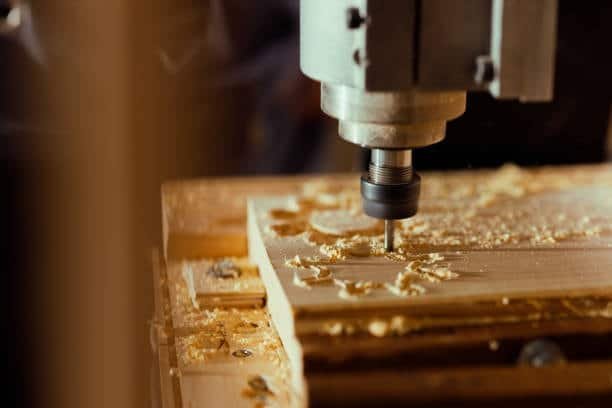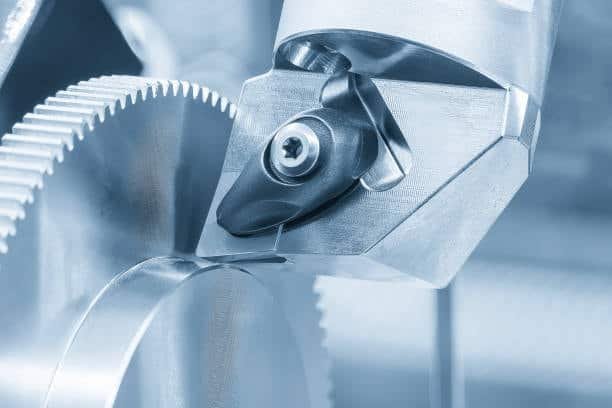Understanding CNC Machining Materials: A Comprehensive Overview
Finally squeezing, CNC machining is versatile machining technique that can be used on different materials such as, metals, plastics and compound. Every material on offer has distinctive characteristics that make it appropriate for various applications, including excellent corrosion resistance and chemical resistance ranging from the aluminum’s lightweight feature to the increased performance potential of carbon fibers. The appropriate choice of the other materials for the job results in increased quality, longer life of the final product, and economic implications. Because of this ability to be better informed of the strengths and weaknesses of each material, manufacturers can then make intelligent decisions toward improving their CNC machining by shortening it and achieve the results they want.
In addition, a synergy founded on material properties and parameters of CNC machining is of huge importance for optimizing production outcomes as well. Knowing factors such as thermal conductivity, hardness, tensile strength and chemical resistance, good mechanical properties resistance to wear and corrosion, machinists can fine-tune their processes to use cost efficient material, to maximum efficiency with minimal wastage. Such an educated approach to the manufacturing method not only minimizes the process of trial-and-error in prototyping, but also assumes more consistency in full-scale production. Under pressure where the manufacturing industry requires even higher performance and customization, the effectiveness of matching up the right material with micron accurate CNC technique is critical to the continued competitiveness, product innovation and ultimately the long-term manufacturing success.










